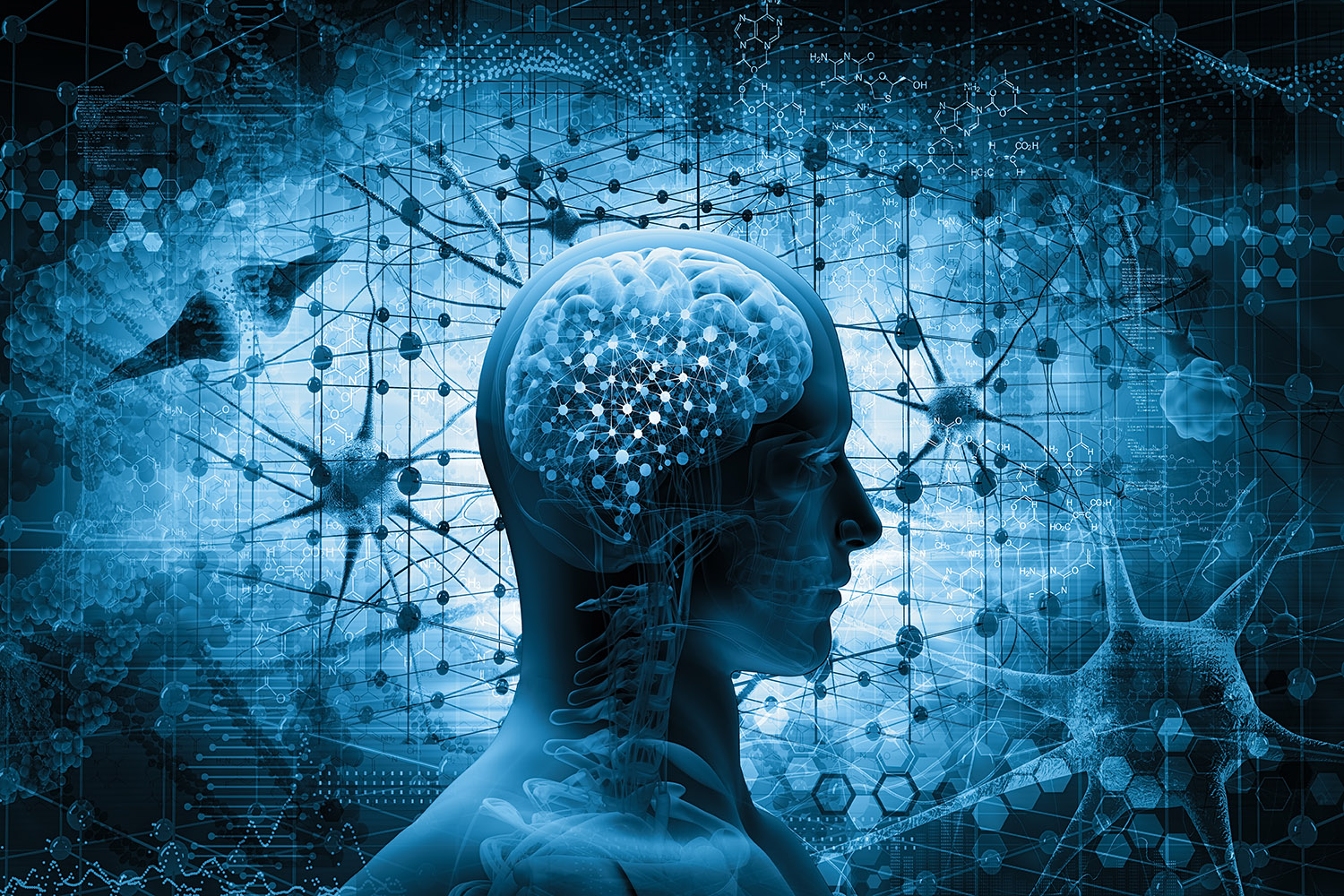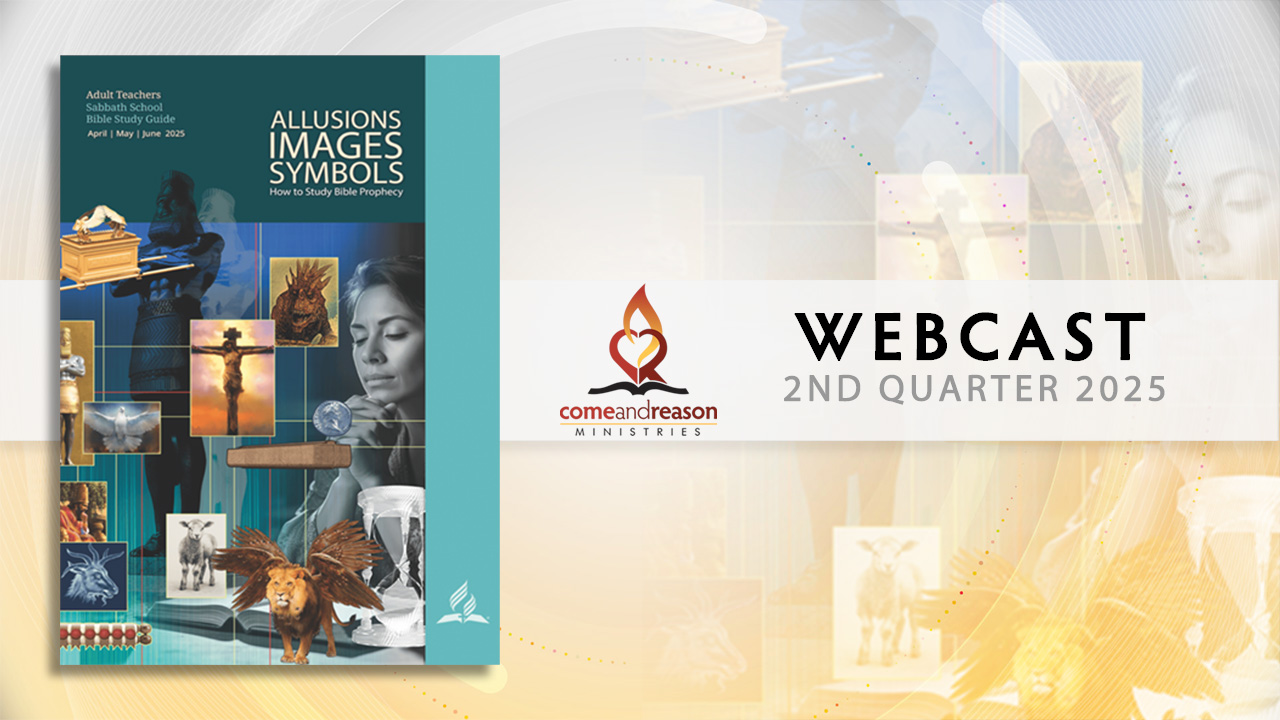Healthy Versus Unhealthy Decision-Making
This is the second entry in our blog series based on the program COVID and the Manipulation of Your Mind, which I presented on July 15, 2022, at the United Healthcare Summit. In the previous Part 1 blog, we examined the differences between a healthy and unhealthy mind. In this blog, we will examine the differences between healthy and unhealthy decision-making and what undermines healthy decision-making; and in our final blog in this series, I will outline a nine-step process used to manipulate minds and get people to make decisions they would not otherwise make.
Decision-making is not the choice itself but the process one employs when making a choice. An unhealthy process increases the frequency of unhealthy choices. A healthy process doesn’t mean one will never make an unhealthy choice, but it does decrease the frequency of unhealthy choices.
Ten Principles for Healthy Decision-Making
- Begins with a calm and honest mind
Healthy decision-making begins with a mind that is calm and is willing to be honest about whatever is being examined and considered. In other words, healthy decision-making starts with a healthy mind that is honest with the data and is willing to be corrected by evidence and truth.
- Has a mature goal of desiring objective truth and healthy results
Healthy decision-making seeks not only to understand the truth, but also to apply it in meaningful ways that would result in objectively healthy outcomes. The goal is improvement; growth; development; and advancement in health, wellness, ability, skill, wisdom, talent, love, relationships, community, etc.
- Understands the principles involved in the problem
Healthy decision-making on any subject requires one to have some working knowledge of the principles involved in that subject. If making decisions about aircraft wings, one must have some knowledge of the principles of aerodynamics, physics, material stress tolerances, etc.
- Gathers relevant data, weighing its reliability
Healthy decision-making is informed with the most accurate, reliable, and relevant information that is reasonably attainable. Thus, one actively seeks evidence, data, information, and then weighs the source and the reliability of the data, prioritizes it, and forms a conclusion based on the most relevant, accurate, and reliable integration of the facts possible.
- Differentiates fact from fiction and opinion
Healthy decision-making is based upon facts, evidence, objective reality, and not upon wishful thinking, fantasy, claims, or proclamations. Healthy decisions are not formed from hysteria, distress, fright, nor are they determined by popular or expert opinion. Discernment differentiates facts and evidence from the interpretations and conclusions of others based upon those facts or evidences being understood through the principles of God’s kingdom.
- Weighs risks versus benefits
Healthy decision-making will consider the potential outcomes of the various choices, weigh the risks versus the benefits, and decide if the potential benefits outweigh the potential risks. Healthy decision-making chooses the path with the greatest likely benefits and the least significant and likely risks.
- Makes a decision and then evaluates the outcome, applying the new data that results from the choice
The healthy process of decision-making will, after making the decision, step back and evaluate the outcome—i.e., see what happened. One will then honestly and as accurately as possible incorporate that new information into one’s understanding and then …
- Updates one’s decision-making with the new information
After making a choice and evaluating the outcome, a healthy decision-making process is eager to update one’s understanding and make new decisions based on the new information, and then, reassess that outcome and update again.
- Invites honest critique and tolerates rejection
A healthy decision-making process invites outside review, critique, examination, and questions because the person with a healthy mind wants truth and understands others may see things that they do not see and such review will refine understanding, expose errors, affirm accurate conclusions, and ultimately improve the position. But healthy decision-making retains the authority of one’s own decisions with oneself and, therefore, will tolerate rejection, not changing one’s choice simply to avoid rejection but choosing what is most consistent with truth and God’s principles despite the negative feedback, hostility, and rejection.
- Respects other’s individuality and leaves them free
The healthy decision-making process also respects others and recognizes that others have their own unique individuality, life experiences, values, morals, priorities, and stand in a different position in life, see things from a different angle, and may examine the exact set of facts and conclude that for them a completely different action is best in their life than what you believe is best in your life.
What Impairs Healthy Decision-Making
Let’s now turn our attention to factors that interfere with one’s ability to make a healthy, mature, and informed choice.
Powerful emotions—especially fear
While all-powerful emotions can impair healthy decision-making (just consider someone who is infatuated), the most reliable emotion to use to manipulate a group of people and impair group decision-making is fear.
When we are afraid, the brain’s fear circuits fire and impair the functioning of the critical-reasoning centers and people either freeze, flee, or fight. This is one of the reasons the media constantly bombards us with fear-based messaging of all kinds; the more fearful, the less capable people are of critical reasoning.
Dishonest attitudes and prejudices
If a person comes to a question, situation, or problem with preconceived ideas, prejudices, biases, a closed mind, and negative attitudes toward the issue or people under consideration, then their ability to appropriately weigh the evidence, consider alternative views, and prioritize facts is undermined and healthy decision-making is impaired.
Unreliable information and propaganda
The effectiveness of our decision-making is dependent upon the quality of the information upon which the choice is based. If our decisions are based upon falsehoods, misinformation, and propaganda, then the choice we make, even if it is correctly reasoned through (i.e., is a rational choice given the believed facts), is much more likely to turn out to be harmful, unhealthy, wrong, and incorrect. This is what has happened to many people during the COVID crisis. They made decisions based on faulty information and propaganda; had the information been true and reliable, then their choice would have been healthy, but because the information was false, the choice for many has turned out to be harmful.
Trusting the untrustworthy
To the degree you trust the input of someone who is untrustworthy, whether they are malevolent and lying or benevolent but don’t know what they are doing or have faulty information, then your decision-making will be undermined. This is why every person must think for themselves, evaluate the data and facts for themselves, and come to their own conclusion about what is best in their circumstance. Just as the Bible says, every person must be fully persuaded in their own mind (Romans 14:5).
Group pressure
Peer pressure, the sense that everyone else thinks differently than you do, that you are the odd one out on your own, undermines healthy decision-making. With increasing peer pressure, the choice is shifted away from the facts, evidences, logic, rational and to the anxiety that comes from rejection, isolation, and being alienate from the group. The security of the collective, the reassurance and affirmation of others, becomes part of the decision-making and will often eclipse the truth and evidence. People will prioritize feeling a part of a group, holding onto a sense of security found in the agreement of others over their own understanding of the situation. When it seems that the vast majority of other people, and especially experts who are perceived as knowing more than you, are drawing a different conclusion, it can cause one to doubt one’s own conclusion. The healthy approach is to examine the reasons that others believe as they do and compare those reasons with your own and weigh the reliability of the evidences, facts, principles, methods, and motives, and decide if there is a good reason to change your view. But it is unhealthy to change your view simply to be accepted by, or conform to, a group.
Censored information
This is similar to propaganda but also slightly different. Censored information may be, for what is presented, 100 percent factual and accurate, but other exculpatory information is left out that would change your conclusion. To the degree the information we have is censored and we are prevented from knowing the full facts, our decision-making is undermined. For instance, if you were told the verified benefits of a medicine but the real and known danger that the medicine may cause infertility was withheld, withholding the risk undermines one’s ability to make the best choice for them. A post-menopausal woman may not care at all about this risk, but any person who still wants to have children will.
Coercion
Whenever we are under threat of any kind—whether physical, emotional, economic, or others—those threats incite fear, undermine critical reasoning, impair decision-making, and introduce a new set of variables that cloud the choice. No longer is the choice simply about what is best based on the facts, but now other consequences will one have to be considered: What suffering can I tolerate? How much is it worth to me? Will it cost me a job, freedom to travel, ability to go to college, access to my grandchildren? Coercion undermines the quality of decision-making.
Ends justify the means
The ends-justify-the-means modality is a method of ignoring what is healthy, objective, and true in order to advance an agenda that is actually not healthy and not based upon truth. And when you see the ends-justifies-the-means approach being used, recognize it as evidence that those using it are covering something up, have ulterior motives, and are advancing something that will ultimately be harmful to those they are trying to persuade.
Information Versus Methods—Watch the Methods
Healthy decision-making is based upon truth, which is presented in love to others, seeking to be of benefit to others, then leaves people freedom to decide for themselves without any coercion, and does all of this in openness, inviting outside input, review, and critique. Why?
Because truth loses nothing by investigation and questioning; but lies cannot tolerate the truth.
Unhealthy methods are deception, coercion, control, and secrecy. Those who do not have the truth are not interested in the truth and do not want investigation; they do not want openness, inquiry, or questioning. Therefore, they will use the methods of censoring, silencing, accusing, and coercing. They will terminate voices of truth from employment, deplatform, vilify, make threats to inflame fear, use government agencies to intimidate, fine, shut down, arrest, and will control the media to obstruct the evidence. And they will use the claim that the ends (saving lives) justify the means (violating consciences, telling so-called “noble” lies, coercing, threatening, etc.).
If the data, facts, studies, reports, and science are too confusing, then simply step back and ask: What methods are being employed?
When it comes to the COVID question, one side of this issue consistently and persistently has used the unhealthy methods that are antagonistic to the kingdom of God and undermine healthy decision-making. And as time unfolds, the truth is slowly coming to light that confirms that the mandators have lied and their actions have caused incalculable harm.
As we conclude this series, we will examine a nine-step process used to manipulate minds and get people to make choices they would not have otherwise made had this process not be employed.










 using your credit or debit card (no PayPal account needed, unless you want to set up a monthly, recurring payment).
using your credit or debit card (no PayPal account needed, unless you want to set up a monthly, recurring payment). instead?
instead?